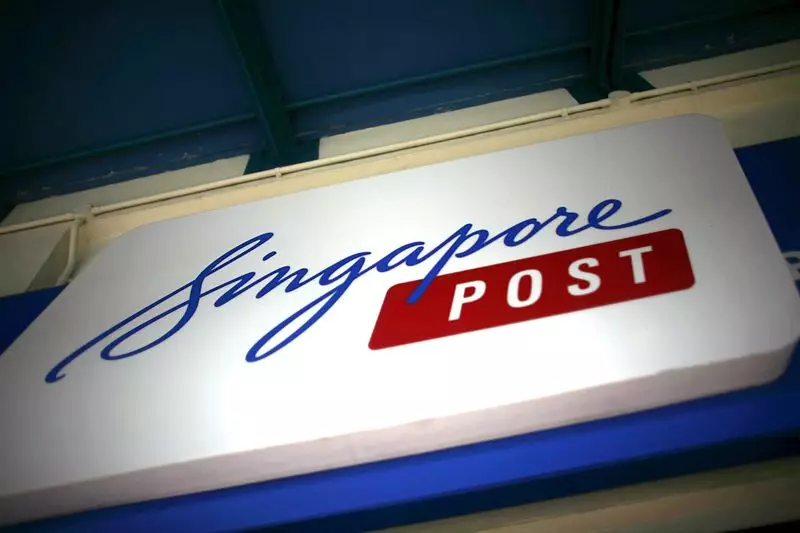The recent upheaval at Singapore Post is a stark reminder of the critical importance of accountability within corporate governance. The dismissal of CEO Vincent Phang, along with the company’s international business unit chief Li Yu and CFO Vincent Yik, following allegations of mishandling serious whistleblower claims, underscores a significant breach of trust—both internally and with the public. This incident raises pertinent questions surrounding the integrity of leadership in corporations and the mechanisms in place for addressing misconduct.
Whistleblowing serves as a vital channel for employees to report unethical behavior without fear of reprisal. However, when such reports are ignored or inadequately handled by senior management, as this case suggests, it can lead to distrust and potentially devastating repercussions for the organization. The misrepresentation of the allegations to the audit committee additionally puts a spotlight on the necessity of transparency in corporate conduct. Shareholders expect leaders to act in good faith, and when that is called into question, as it was here, the fallout can be immediate and severe.
The swift market reaction following the announcement of these dismissals speaks volumes. Singapore Post’s stock fell by nearly 10%—an alarming drop that signals investor concern over the company’s leadership and operational integrity. Such volatility often reflects deeper issues within not just leadership but also prevailing corporate culture. Investors are likely to view these events as a signal to rethink their positions regarding the company’s future prospects, especially amid ongoing strategic reviews, including the divestment of significant assets in Australia.
Moreover, the market’s apprehension was compounded by uncertainties surrounding the company’s next steps. Interim management by board chair Simon Israel may stabilize the situation temporarily, but a long-term strategy for recovery is essential. The company’s commitment to announcing a new CEO in due course is a positive step, yet it is imperative that the chosen leader embodies a renewed commitment to ethical practices and effective governance. Stakeholders will undoubtedly be scrutinizing this decision closely.
As Singapore Post navigates this tumultuous period, it is essential for the company to refocus its priorities. The settlement proposed to the affected customer signals an acknowledgment of accountability, yet the firm must go further than rectifying short-term grievances. A reevaluation of internal controls and processes related to whistleblower reports is crucial to prevent similar issues from arising in the future.
Additionally, fostering a corporate culture that promotes open dialogue and encourages employees to voice concerns without fear is vital. Rebuilding trust with investors, customers, and employees will not happen overnight, but it begins with a robust commitment to ethical practices and transparent communication.
The recent developments at Singapore Post serve as a cautionary tale about the ramifications of negligence in handling misconduct. The company faces not only the immediate challenges of leadership upheaval and market volatility but also the long-term task of restoring credibility and trust amidst a public that demands accountability. How Singapore Post navigates this crisis will shape its future trajectory in an increasingly competitive and scrutinized business environment.

